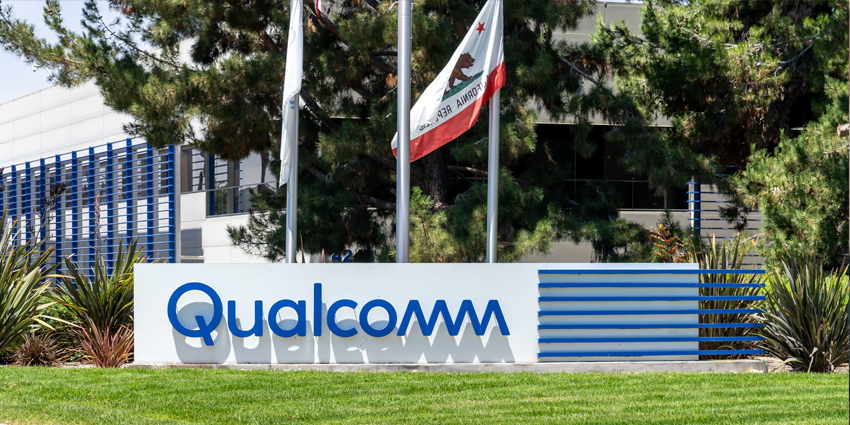This week, the AR Alliance, a group that brings together leaders in the XR industry to drive innovation and success, announced that Qualcomm Technologies will join as the last founding member of its board of directors.
Qualcomm will join the group following other significant players such as STMicroelectronics, Meta, Essilor Luxottica, Corning, Dispelix, Optofidelity, MICROOLED, and Google.
Bharath Rajagopalan, chair of the AR Alliance and director of strategic marketing at STMicroelectronics, said:
The founding members are driving AR together. The promise of AR and its potential industry are so vast that there is ample room for all our member companies to work together. The AR Alliance is the place where concrete work takes place to harmonize approaches for advancing, unifying, and growing the global AR supply chain and accelerating innovation.
Rajagopalan also explained that Qualcomm Technologies is joining the alliance “as they bring a key piece to the hardware ecosystem through enabling platforms for the development of applications, and with their years of experience in this space, their industry-leading technology and deep market experience.”
The AR Alliance aims to drive the global AR market by supporting firms of all sizes and enabling a worldwide ecosystem of hardware, software, and solution providers that solve different problems.
Said Bakadir, Senior Director of Product Management at Qualcomm Technologies, also added:
For over a decade, we’ve been committed to accelerating innovation and enabling the XR ecosystem with our Snapdragon XR Platforms, powering many of the XR hardware available today. We are thrilled to be joining the AR Alliance to continue strengthening the XR industry. We look forward to contributing our experience and expertise alongside the members of the AR Alliance to help grow the augmented reality space.
AR Smart Glasses Uptick
The news of Qualcomm joining the AR Alliance comes as the AR smart glasses market is forecasted to take over the XR hardware space.
Recently, Future Market Insights published a report on the growth of AR smart glasses in the next decade. According to the report “Residential and Commercial Smart Glass Market Outlook from 2024 to 2034,” the global market size is expected to reach $58,248 million in 2024 and $187,475 million by 2034.
The report highlights how enterprises invest in smart glass technology due to its impact on reducing energy consumption and promoting sustainability. Additionally, it mentions that integrating features such as voice assistants, self-cleaning properties, and biometrics makes smart glasses more attractive to customers.
However, there are challenges ahead, including the high initial cost and the need for further research into distribution and adoption. Despite these obstacles, a “Smart Augmented Reality Glasses—Global Strategic Business Report” by ResearchAndMarkets indicates significant growth potential for smart glasses.
The report forecasts a substantial increase in the global market for smart glasses, with a projected 13 million units sold by 2030 and a 53.0 per cent Compound Annual Growth Rate from 2023 to 2030. The report also highlights specific regional market forecasts, such as the expected growth in the US and China.
In addition to smart glasses, ResearchAndMarkets is examining other hardware considerations within the growing smart glasses market, including “simple assisted reality glasses,” which are projected to reach 5 million units by 2030, and MR holographic displays, such as Apple’s Vision Pro, which are expected to grow at a 58.4 per cent CAGR until 2030.







